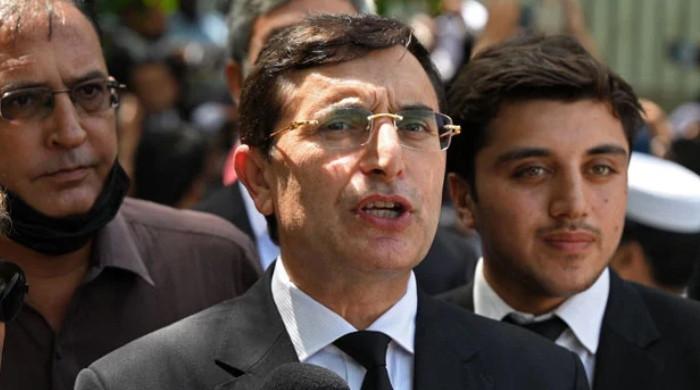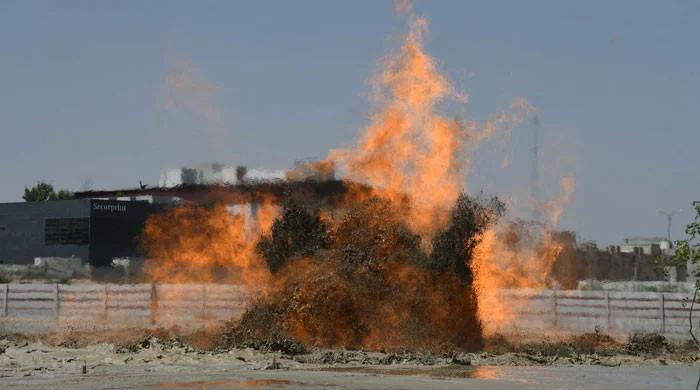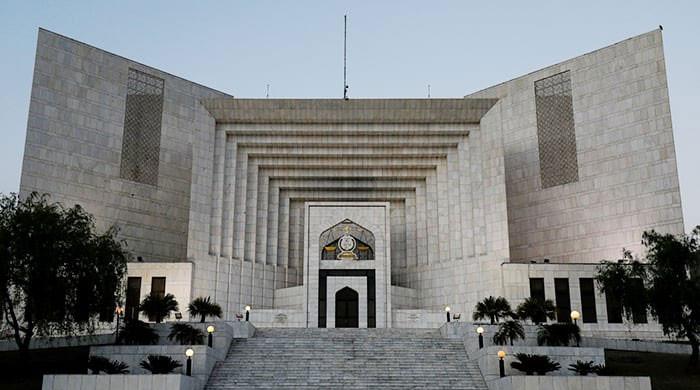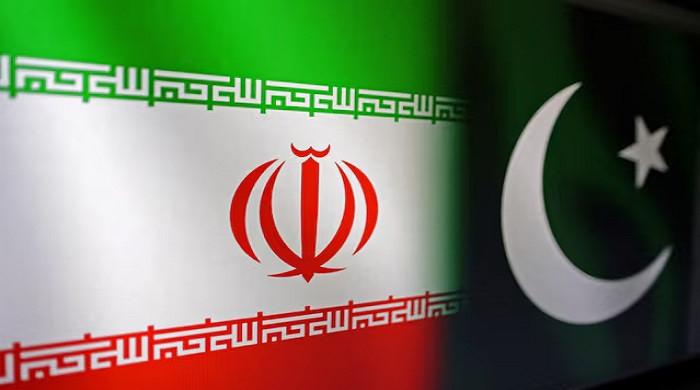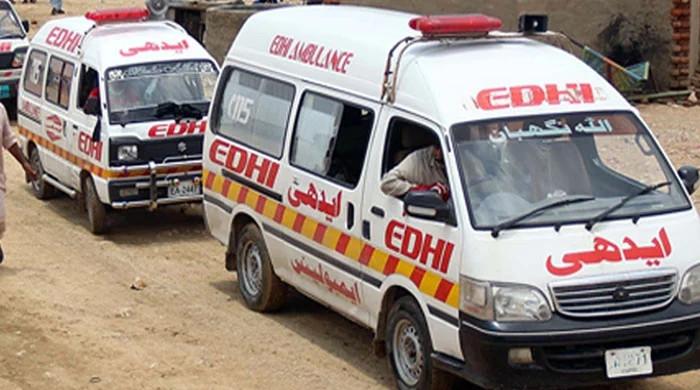Muslims of India: Frozen in the frame of otherness
Anthropologist at Habib University speaks about the decline in status of Muslims in India
February 10, 2017
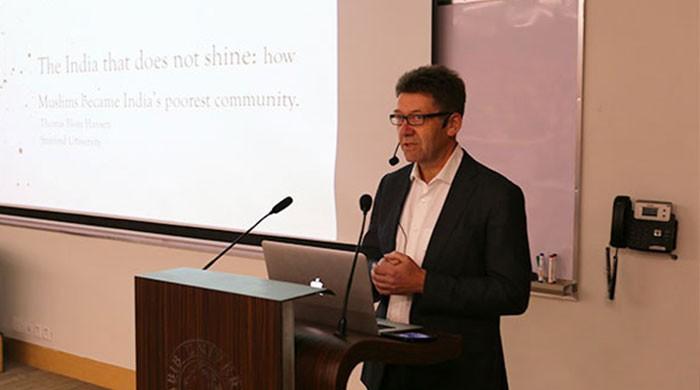
KARACHI: In many states of India, the railway office, police station and such workplaces are still too congested for a Muslim employee, said an anthropologist, Thomas Blom Hansen while speaking at a session at Habib University on Thursday.
Although years have passed since Partition, Muslims continue to be alienated when it comes to the provision of rights, the Stanford University professor added while addressing the participants of a session titled 'The India that does not shine: How Muslims became India's poorest community'.
Besides hostilities towards them on part of the ruling governments, there is also palpable and deep-rooted mindset that does not let majority of the public to give space to Muslims to integrate.
However, it was not always like that, said Hansen as he shared his findings and research from his work in India.
Census of 1857 started politics of numbers
Muslims in pre-partition India where not always considered a minority or a foreign group, he said, adding they were put in the frame of otherness after the politics of numbers started with census that was carried out post the conflict of 1857.
As the census pointed out the problem, Hansen maintained, the fact also came to the fore that despite being in small number Muslim possessed and cultivated most of the land in parts of India that were situated in Hindu-majority areas. "This highlighted the issue of demographics which [continues to inculcate a sense of fear and] revives as a problem for Muslims even today."
He said that traditionally land was the asset of the Muslim elite, but since the event of Partition deprived them of having the privilege of land ownership - it added to the decline in the social status of Muslims of in India.
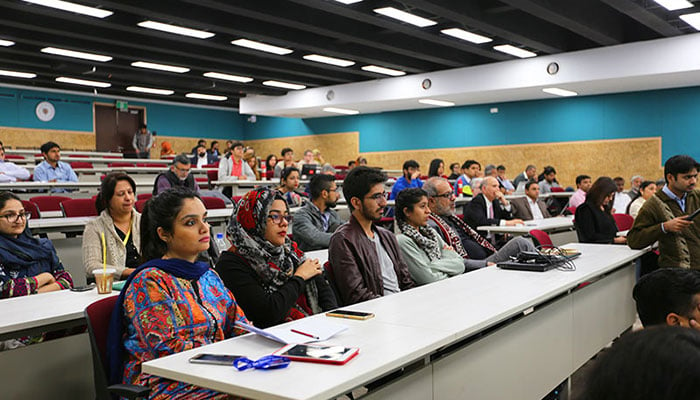
Participants attend the session at Habib University on Thursday
Demographic anxiety
The fear of Muslims taking over can be seen in events such as those during which the slogan "Hum do humaray do, wo panch unke pachees" was seen trending. The slogan was started by Narendra Modi's Bharatiya Janata Part. It roughly translates into this: we are two and have two children, while they are five and have 25 children. Such movements and slogans make the demographic anxiety very clear, the anthropologist said.
It was this fear of Muslims that led to the formation of a glass ceiling for them in India, given the presence of which the community still struggles financially, Hansen said.
Majority of Muslims in India are into blue collar jobs like those of labourers and artisans, he said.
“So that the population growth slows down, if does not halt, even policing becomes more stringent for Muslims in many states. Most of the prisoners are Muslims, while at the same time custodial deaths have been an order of the day since a very long time,” he said.
The decision of banning meat in some parts of the country and creating vegetarian zones, in Gujrat for instance, are what further compress from Muslims the space that has always been their home, he added.
Dalits preferred over Muslims
If one argues on the basis on education and educational institutes, saying there are universities catering to Muslim students then, according to Hansen, one should also see that the need of such segregated universities comes from the fact that other old universities have become socially unaccommodating for students to enroll in regardless of their religious backgrounds.
Hansen told the participants Muslims of India have approached the court and managed to get the status of Other Backward Class (OBC), a term used by the Indian government to describe classes that are socially and educationally disadvantaged. However, their job applications still get rejected as scheduled caste Dalits, who also comprise the OBC, are given preference.
While there are biased attitudes, there are many among the Hindu majority who have tried to fill and submit job forms for their fellow Muslim citizens, the applications get rejected, he added.
Hansen believes such issues do not exist only on the political level, they are spread beyond and below that, to the level of the public.




